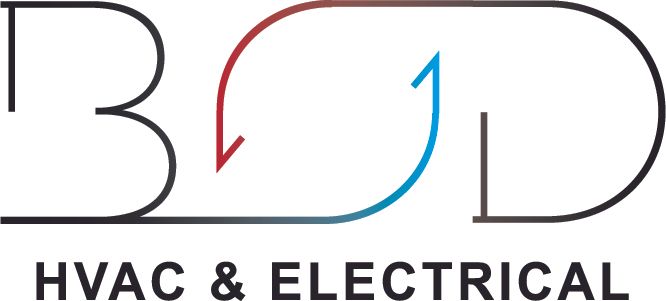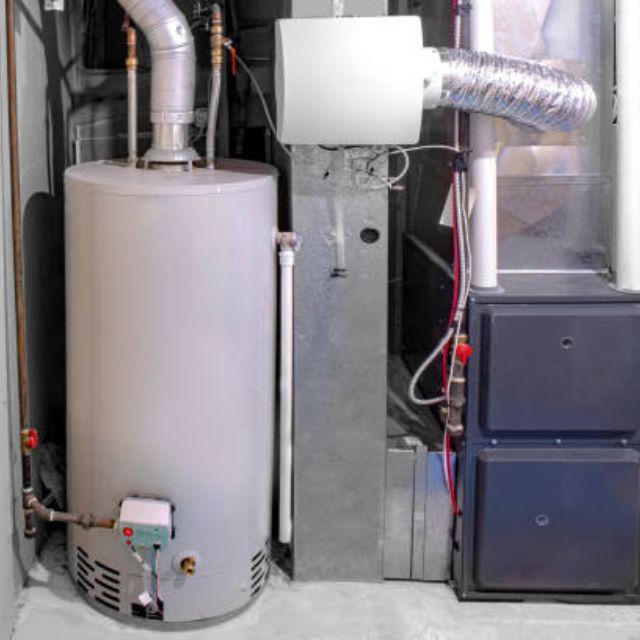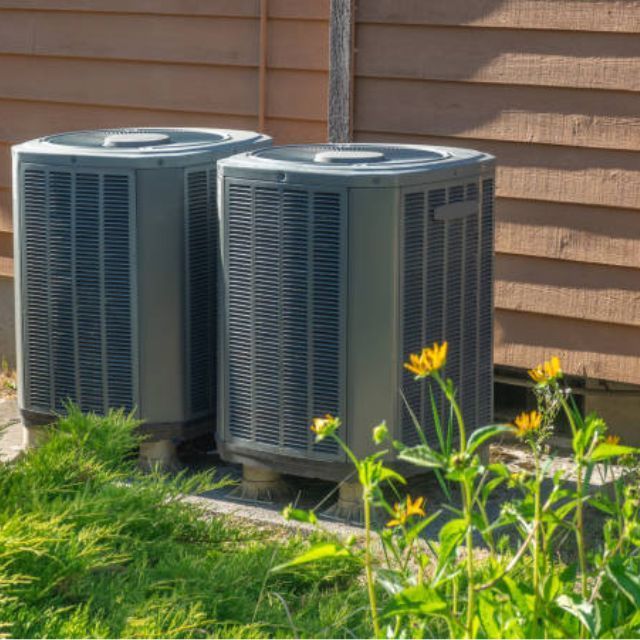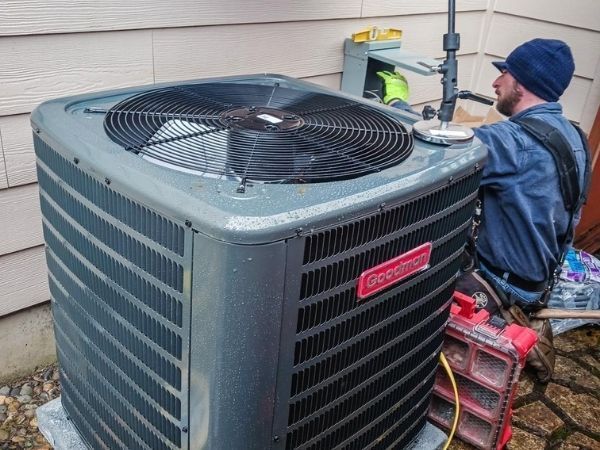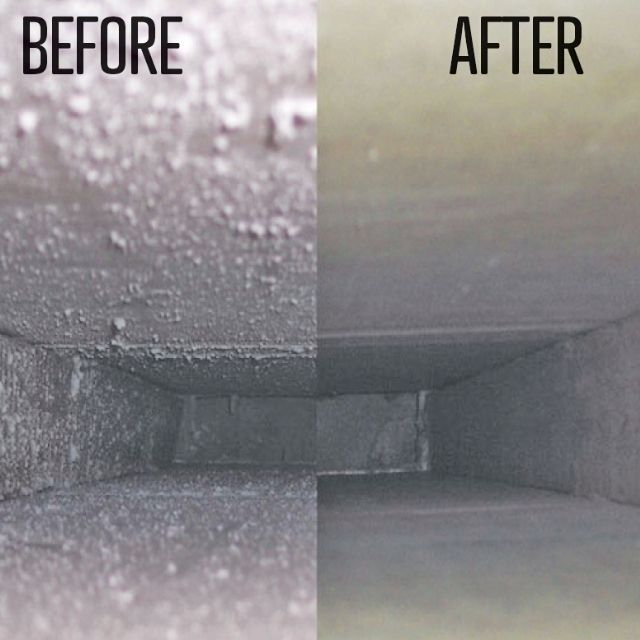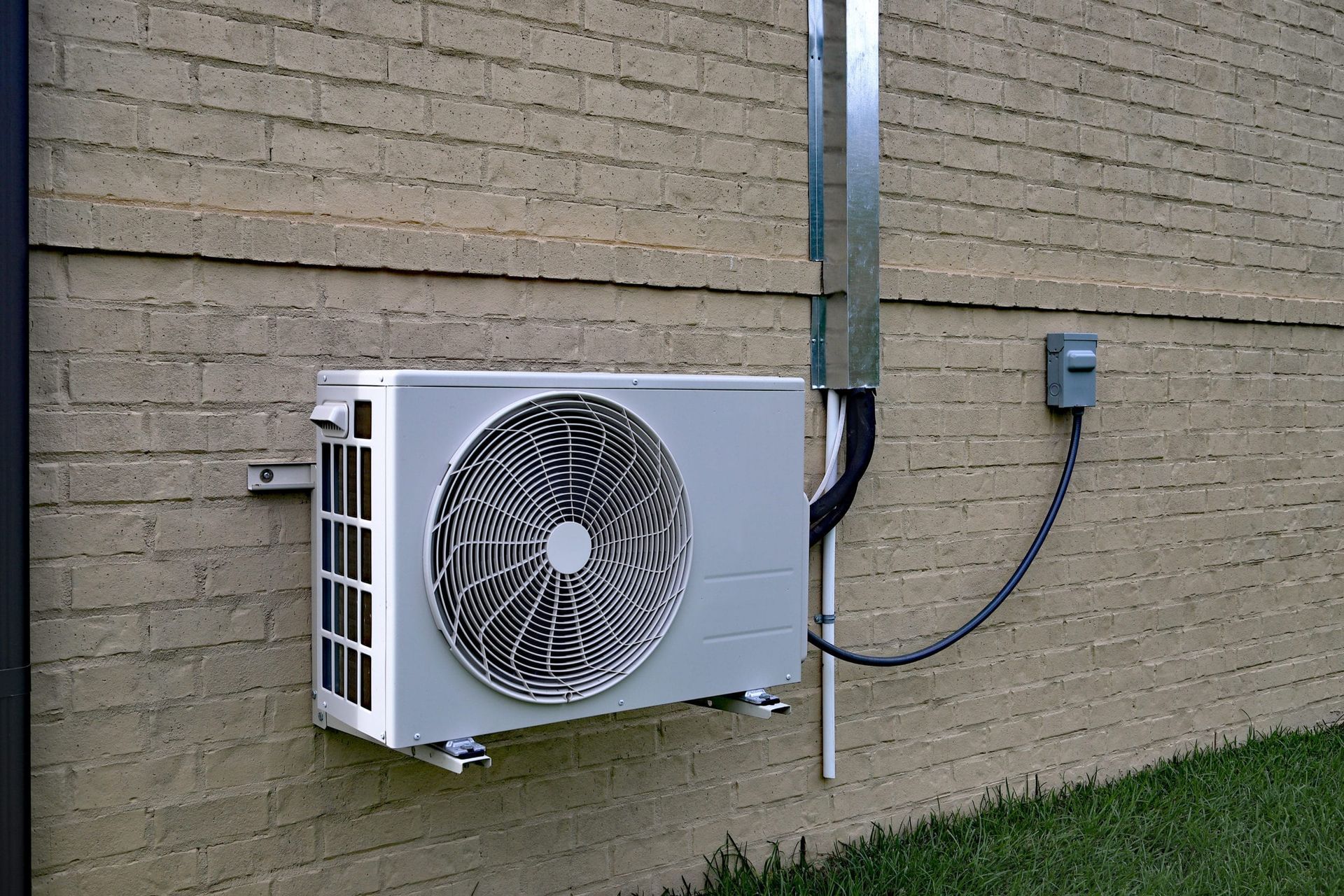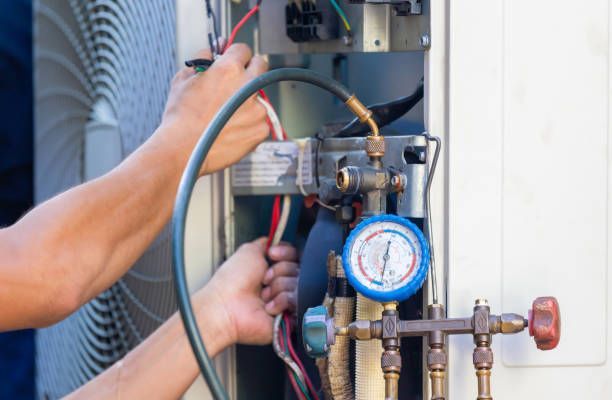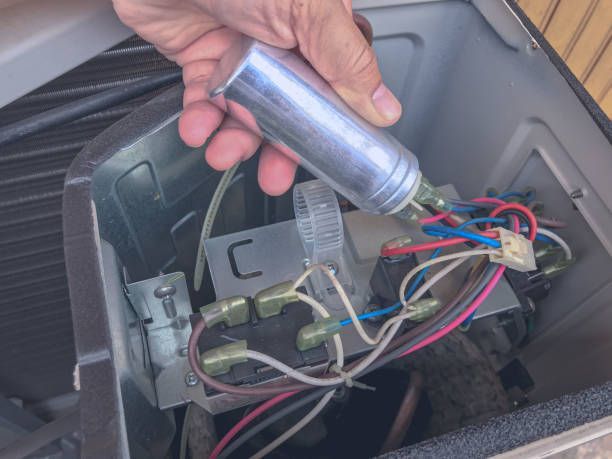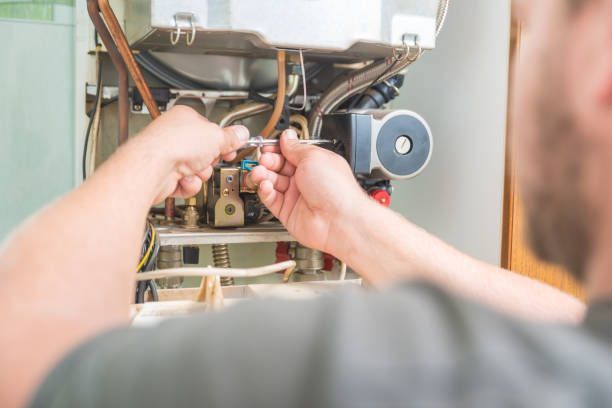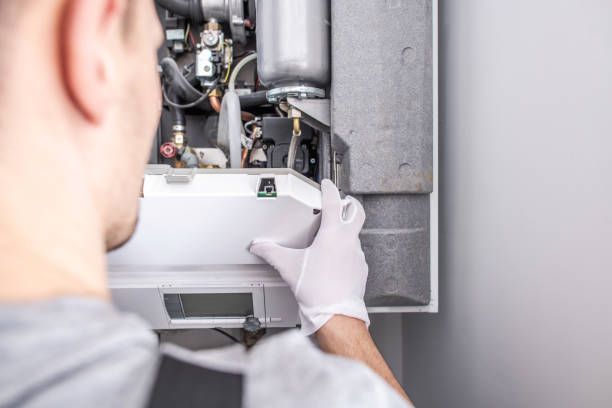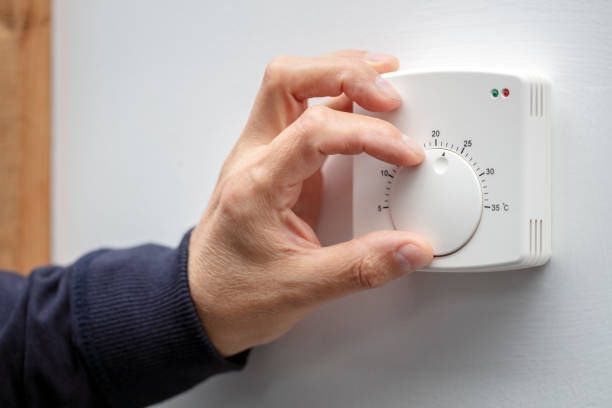What You Need to Know About Commercial HVAC Systems
HVAC Systems Serve a Similar Purpose in Both Commercial and Residential Buildings.
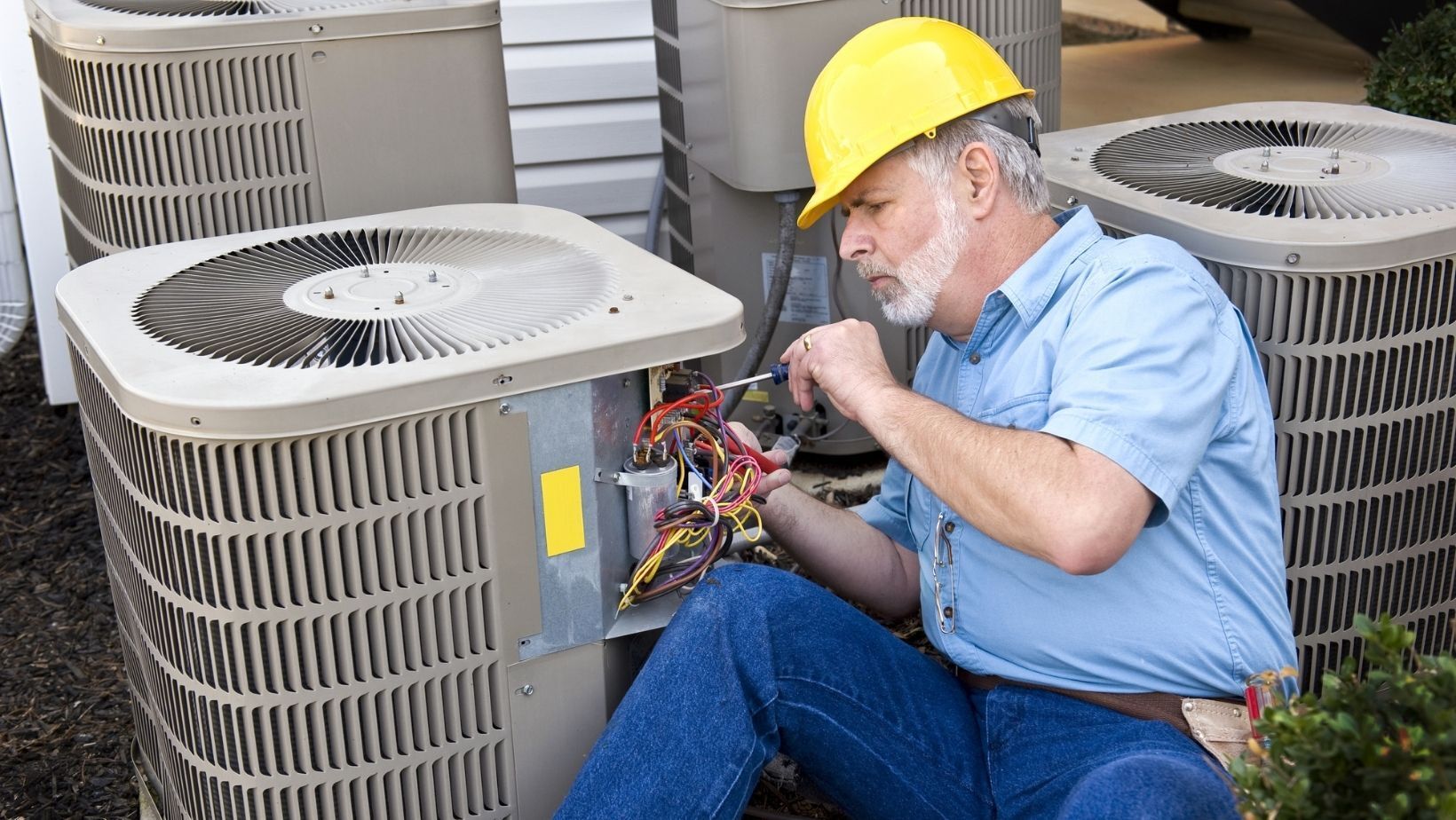
Nevertheless, it's important to note that commercial units vary in their scale, mechanics, and components. Our technicians provide a comprehensive guide for commercial property owners in selecting the most suitable heating and AC system for their establishment.
How do commercial HVAC systems work?
The goal of any HVAC system is to keep the indoor air at a constant, comfortable temperature and humidity. The air conditioners and heaters keep the place comfortable year-round. Humidity is also managed as needed. Although units are complex machines with plenty of intricacies, their core components can be reduced to the following:
- Air conditioning components: refrigeration and water-cooling systems are used in air conditioning units to remove heat from the air.
- Heating elements utilize gas, radiator coils, or water systems to warm the surrounding air.
- Ventilation systems filter away trash and particles from the air before redistributing them around the room.
Even though HVAC systems in commercial buildings and homes serve the same purpose, the former is typically more complex. We recommend working with a heating and cooling professional, such as one of our NATE-Certified contractors. We'll ensure the most cost-effective and energy-efficient system is in your structure.
What is different about commercial systems from residential ones?
There are a few details to keep in mind when choosing a commercial unit that you might not have to think about with a home system. For example:
Size and design: commercial HVAC systems are built to accommodate substantially larger spaces than their residential counterparts. Furthermore, they must be designed for your building space. Improperly sized units can increase utility expenses and component wear and tear. Considerations for Sizing, Placement, Parts, and Upkeep.
Location: Business success often hinges on a unit's strategic positioning. Depending on the layout of the building, larger pieces of equipment could be placed on the roof or in a designated maintenance area. At the same time, smaller items would be assigned to designated areas. The location of your system has a profound effect on its efficacy, noise output, and ease of access. Our HVAC specialists can help you decide where to put the unit.
Components: commercial models have unique air conditioning and heating systems. They usually need a lot of complicated plumbing and thermostats, for instance. Each system uses unique components, such as a condenser, blower, compressor, and damper.
Maintenance: all HVAC systems need regular servicing, but commercial buildings have unique maintenance needs. Due to the complexity of commercial systems, it is essential to hire trained experts to ensure optimal performance.
What are the most typical HVAC types for businesses?
Choosing the right commercial heating and cooling system is vital when designing a new system for your building. Split, mini-split, VRF, and VRV are the big three.
- Split: This is the best setup for offices that don't have much room for bulky machinery.
- Mini-splits: Mini-splits are ductless HVAC systems that give homeowners localized climate control.
- VRF and VRV: VRF and VRV are ideal for big commercial structures with varying heating and cooling demands.
Call us today to speak with one of our HVAC experts and get a recommendation on which system will work best for your business and budget.
Get a Free Quote Today!
Fill out the form below and we'll get back to you as soon as we can!
Contact Us
Contact Us
Best Owner Direct is your local, independent, family-owned and operated, residential and commercial HVAC service, repair and installation team. We're a trade ally of the Energy Trust of Oregon and our certified professionals offer services for all major brands. With over 20 years of experience, our team can handle all of your HVAC needs.
Free estimates available for installations. Contact us today to learn more or to schedule an appointment!
